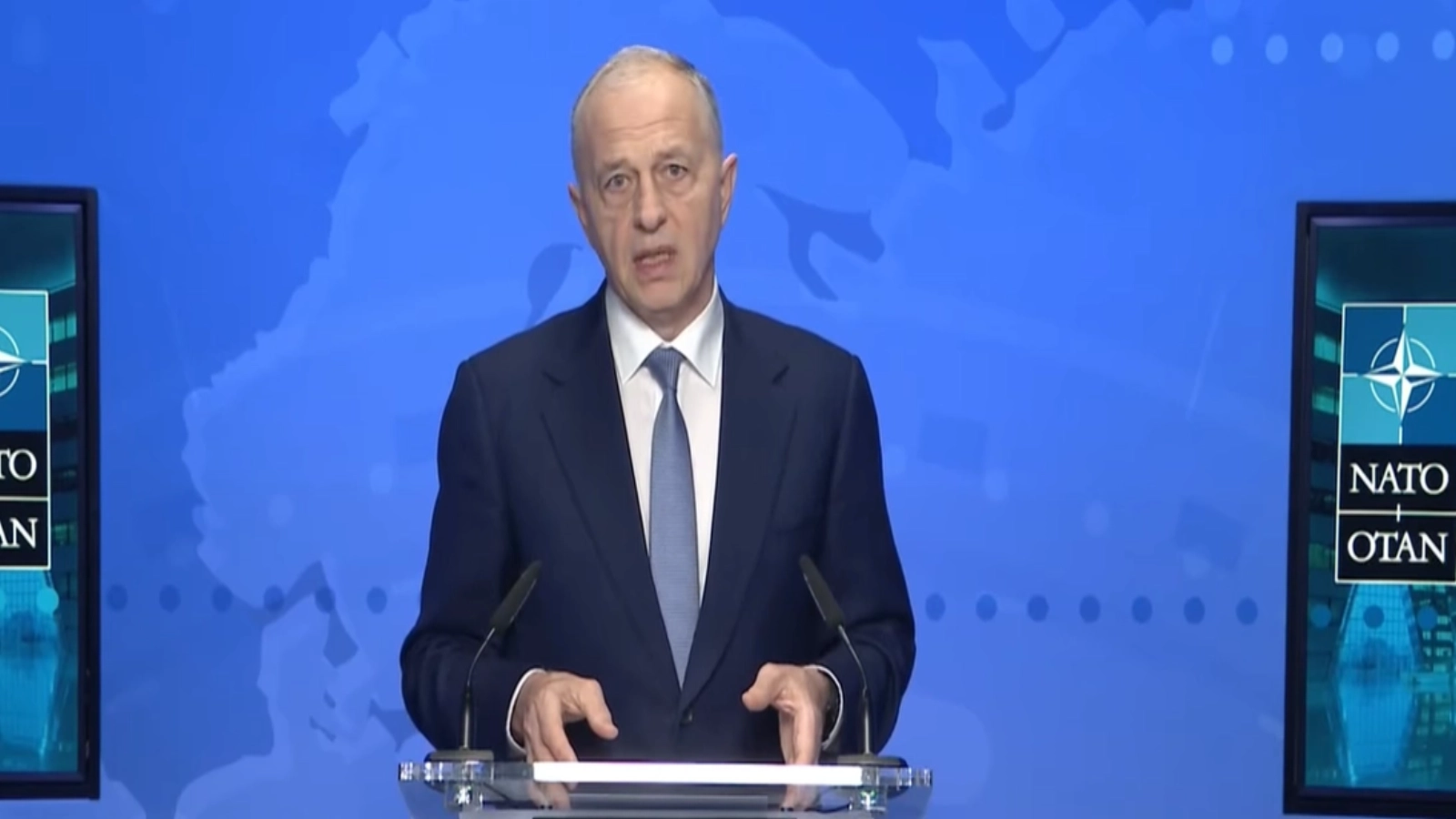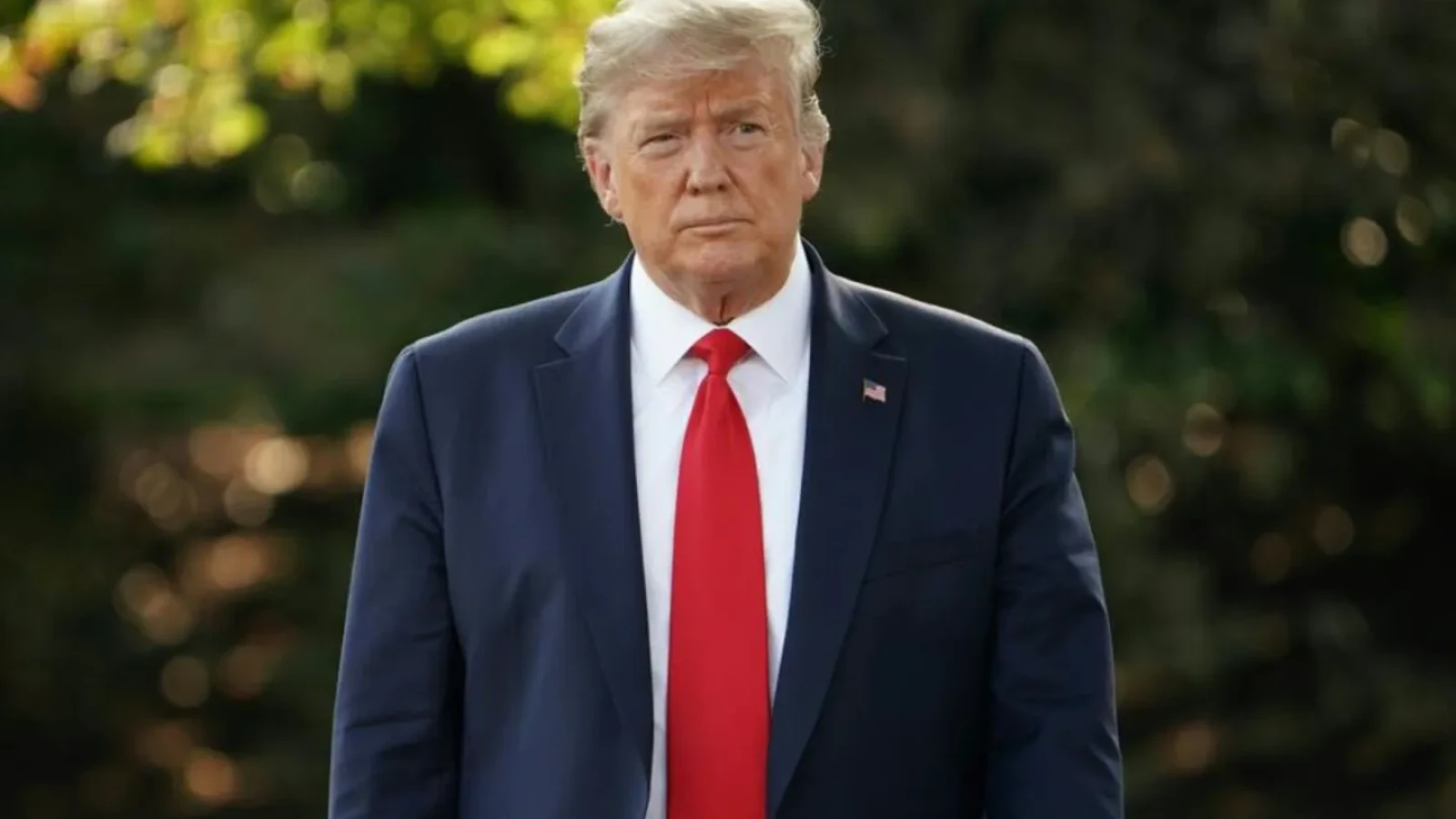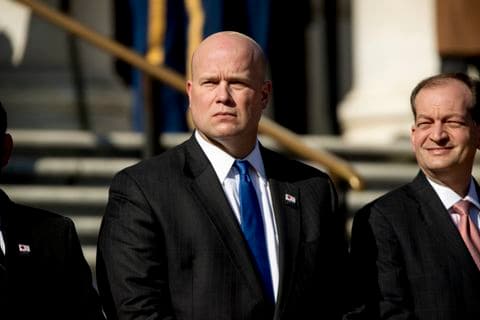NATO Deputy Secretary General Mircea Geoana argues that he would adopt a policy of fiscal stimulation, targeted public investments, "chasing" foreign investments in the areas of research - development and innovation, told Agerpres.
"I am not the one who believes that if we automatically increase public budgets than the yield also increases, because the state is not yet functioning properly. But, perhaps, we should for this area, if I were to give you a piece of advice from the IT experience of almost 20 years ago, when we came up with an aggressive fiscal policy, in a good way, to stimulate IT&C - and after 20 years we see that it is almost 9pct of the GDP. I would go 'across the board' with a policy of fiscal stimulation, targeted public investments and chasing foreign investments in these areas of research-development, innovation, thus, increasing the volume, dynamics and quality of our participation," Mircea Geoana stated at the "Future of Europe" Conference, organised by the National Bank of Romania (BNR) and the Bucharest University of Economic Studies - the Faculty of International Business and Economics.
He stated that "the innovation effort, the innovation board" are the ones leading at NATO and the institution has access to "everything that means universities, researchers, industries, financial markets and intellectual imagination" at the level of the 32 NATO states, including Sweden and Finland, as future member states
"And I believe that our partners and allies in the West, in this extremely tough competition, mainly with China, in order to keep our technological advantages, which in the end are economic, strategic, military advantages, we need everything that means the innovation ecosystem of the democratic world. Thus, in a way, when Chancellor Scholz, in his speech in Prague, talked about moving Europe's center of gravity toward the East, his lordship - and I too, resumed this topic in my speech - didn't exclusively refer to the purely strategic dimension. Obviously that by cutting Russia off, the arrival of Ukraine, there is another strategic geography of Europe. Therefore, the ones currently existing - the developed, innovative countries and economies, with large capital markets, with very rich universities and an innovation ecosystem - realize that they have to widen the center and that Romania too, as well as the Czech Republic, and Estonia and many other countries that today are somehow in the value chain of the European and transatlantic economy, somewhere below it is in the interest of the developed West that our region grows. But, as the Romanian says: "God helps those who help themselves!," Mircea Geoana stated.
According to him, if we take a look at the investment figures from Romania's public budgets, at central level, but also below-national, in research-development and innovation areas, but also in what Romania's private sector is investing in these areas, we still rank last in Europe.
In this context, Mircea Geoana talked about the fiscal stimulation policy in the area of research-development and innovation.
"Once again, if I were in a position to give a piece of advice - and I do this only with extreme reserve - I would go right away to Germany, to France, to Italy, to America, to Canada, where we have the main sources of investment in the industry and I would start talking right away about the needs so that in their future economic model we can remain part of this process. How? By investing in other types of skills for the workforce, anticipating the changes. Because, if we remain passive and wait for them to change the model and afterwards decide what to do with the ecosystem in Central and Eastern Europe, including Romania, it will probably be very late and we will practically suffer and have special social-economic costs. Therefore, my invitation is to be bold, because the West encourages us to be braver. They need us, we need them. It is not an antagonistic paradigm between Eastern and Western Europe. On the contrary, it's a plea for synergy and innovation and co-design," Mircea Geoana stated.
































Comentează